Life News - Page 17

Now, once a day anti-clot tablet to treat diabetes
A once-a-day drug that could revolutionise treatment for patients with Type 2 diabetes has been discovered by scientists.

An Indian restaurant in US sells samosas for $5
Indian immigrants in the US crave for desi delicacies like samosa and gulab jamum, travelling great distances to get a taste of their native cuisine.

Man-made chemical behind heart disease: study
Surveys have suggested that PFOA is detectable in the blood of more than 98 percent of the US population.

Hilsa price soars to Rs 800-1000 kg in Odisha
The price of Hilsa, a culinary delicacy, has shot up in Odisha with a kg selling at Rs 800-1000 in Paradip and adjoining markets, threatening the livelihood of over 5,000 fishermen.

Organic food may not be pesticide-free
Organic food is no more nutritious than produce grown with pesticides and chemicals, as a new Stanford University study has claimed that it provides no added health benefits.

Surgery allows blind orangutan to see her babies
A formerly blind Sumatran orangutan can see her baby twins for the first time after undergoing cataract surgery in the first such operation in Indonesia.

Yale president Richard Levin steps down after 20 yrs
Yale University President Richard Levin will step down at the end of the current academic year after 20 years at the helm of the Ivy League university, Levin said in a letter on Thursday.
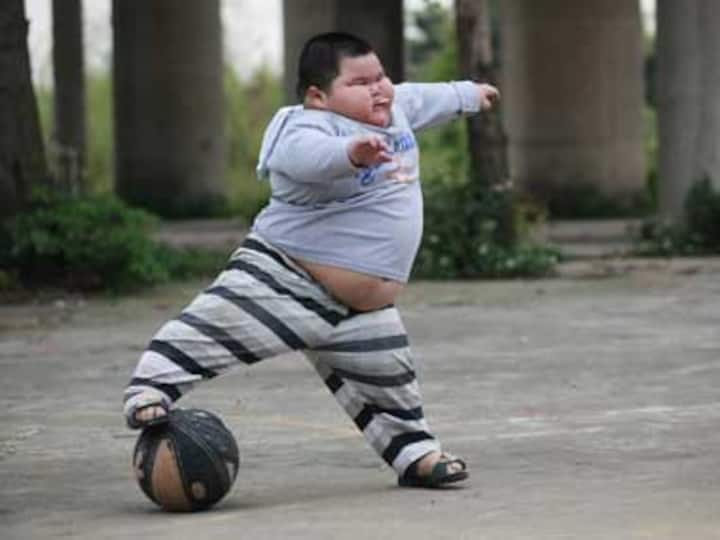
Obesity depends on what babies eat
Leptin, secreted by fat cells, signals how much fat is around and controls food intake; obese people often are insensitive to the signals, for reasons so far unclear.

Russians voted world's worst dressed tourists
Russians have been voted the world's worst dressers in a poll involving over 12,000 people from six countries.

Mobiles, tablets usage at bedtime give sleepless nights
Researchers believe that the teenagers are particularly susceptible to the problem.

Chocolate, red wine to save your heart! Think again
Any benefit from moderate consumption is likely to be small and outweighed by the adverse effects of drinking too much.

Thailand gives Nagaland a condom vending machine
The Thailand government has donated a condom vending machine to the Nagaland government to ensure that people can easily access condoms at controlled prices

A gene that makes women happy, men morose
The research is based on an analysis of data from a sample of 345 individuals—193 women and 152 men.
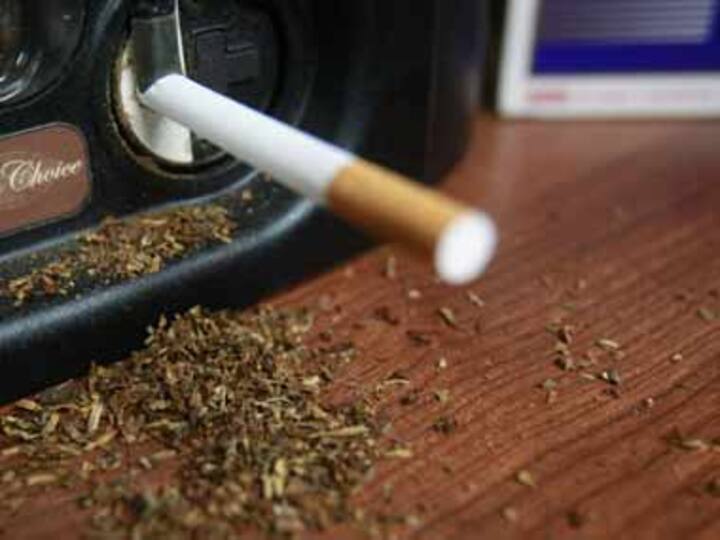
Heavy exercise curbs uge to smoke
Exercise may cut nicotine cravings while also boosting your mood, according to a new study.

UK donor's wife wants sperm to be ruled 'marital asset'
A British woman whose husband donated sperm secretly has called for a change in law since sperm is a 'marital asset' and wants clinics to obtain the wife's consent before the husband can donate sperm.

Brain aids learning even while asleep
People can learn new information even while sleeping, and this can unconsciously modify their waking behaviour, according to a new study.
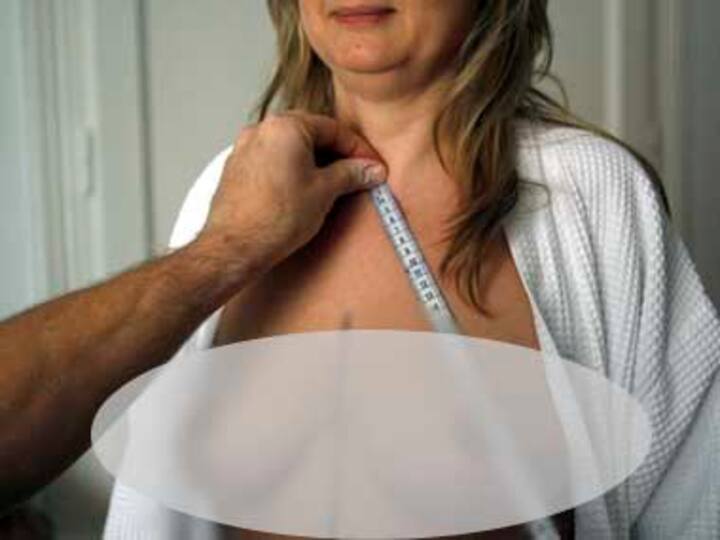
Now women want to go topless for gender equality
The topless women drew crowds of onlookers who took pictures and video with their cell phones.
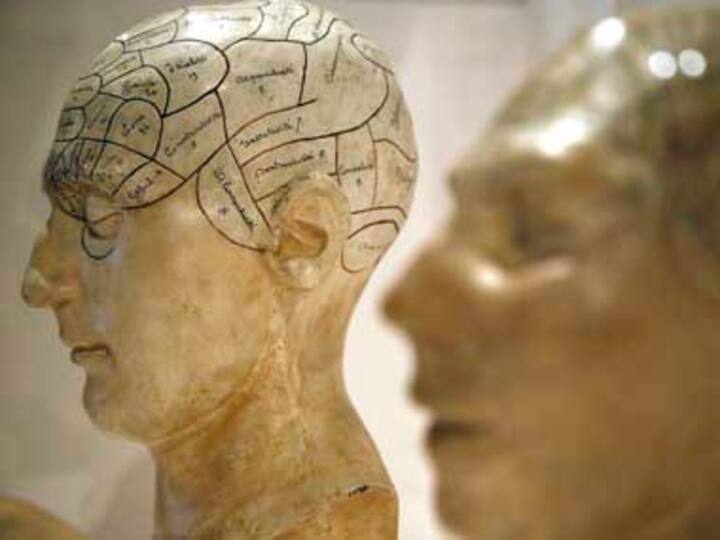
New device to remove brain clot developed
When clot-busting drugs cannot be used or are ineffective, the clot can sometimes be mechanically removed during, or beyond, the four-and-a-half-hour window.

HIV, flu vaccine get a compound boost
HIV, flu and herpes are some of the most difficult targets to develop vaccines against.
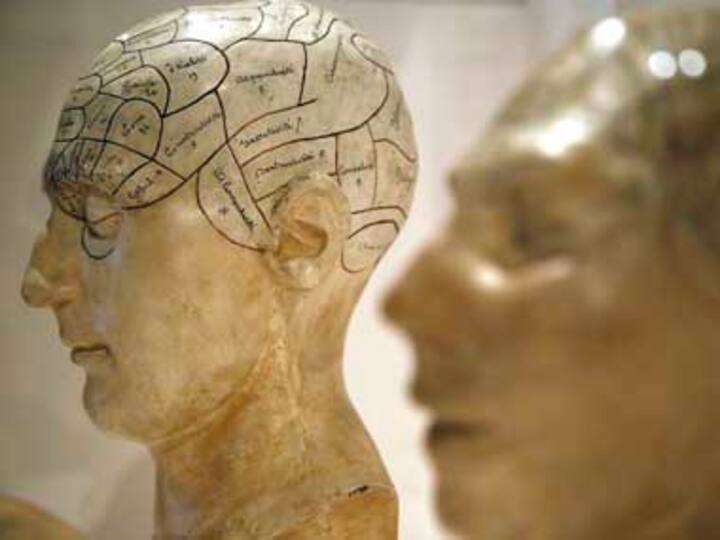
Read a lot, provide tonic to your brain
John Stein, emeritus professor of neuroscience at Magdalen College, Oxford, says reading is far from a passive activity.
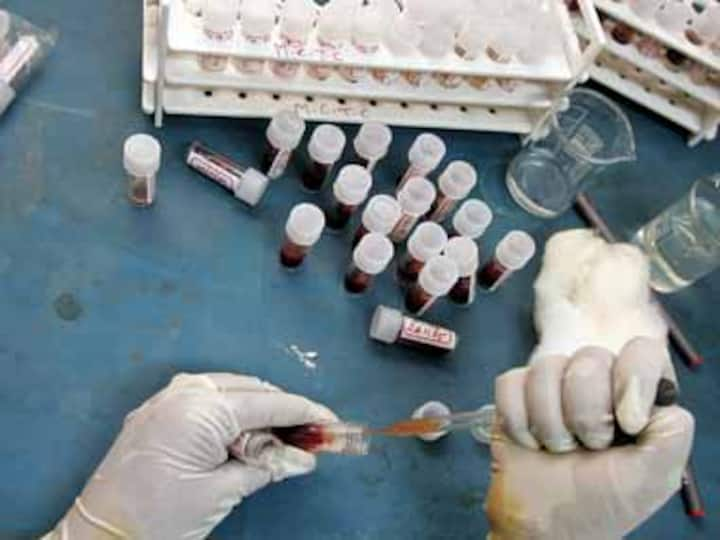
Now, a therapy to permanently cure high blood pressure
Scientists have developed a radical therapy that could provide a permanent cure for high blood pressure by zapping the kidneys with radio waves.

Chimps not cancer prone unlike humans
The finding is surprising as chimps and humans share a 96 percent similarity in genes.
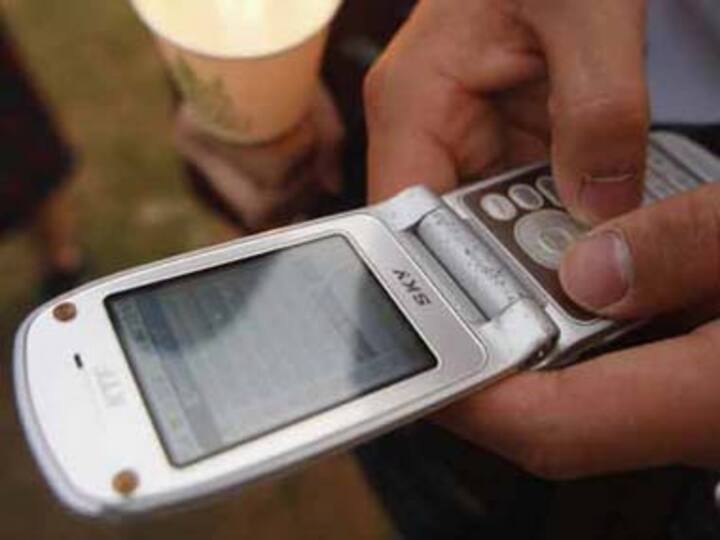
The dangerous X: Most office affairs start with virtual kiss
Most office romances start with a virtual kiss— putting a simple 'X' by a flirting colleague at the end of an SMS, a new study has found.

New sensor detects glucose in saliva, tears of diabetics
A new type of bio-sensor can detect minute traces of glucose in saliva, tears and urine, doing away with pinpricks for diabetes testing.





